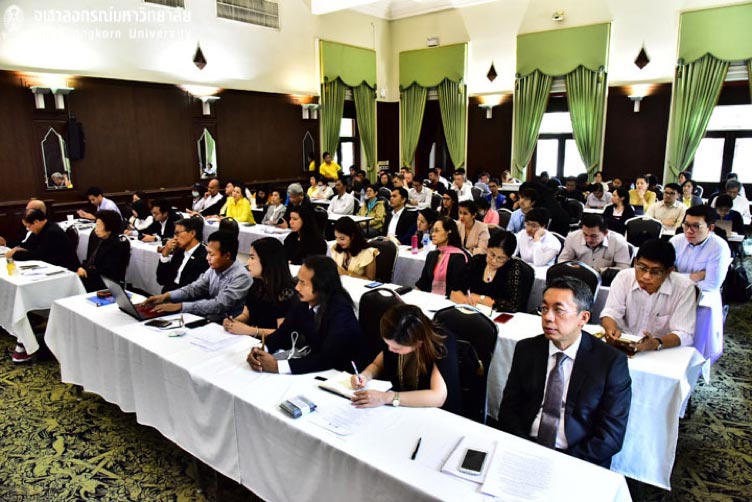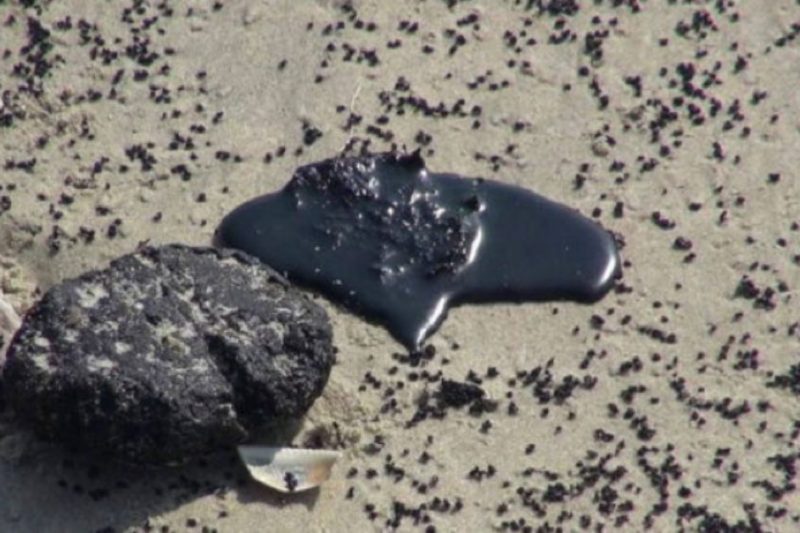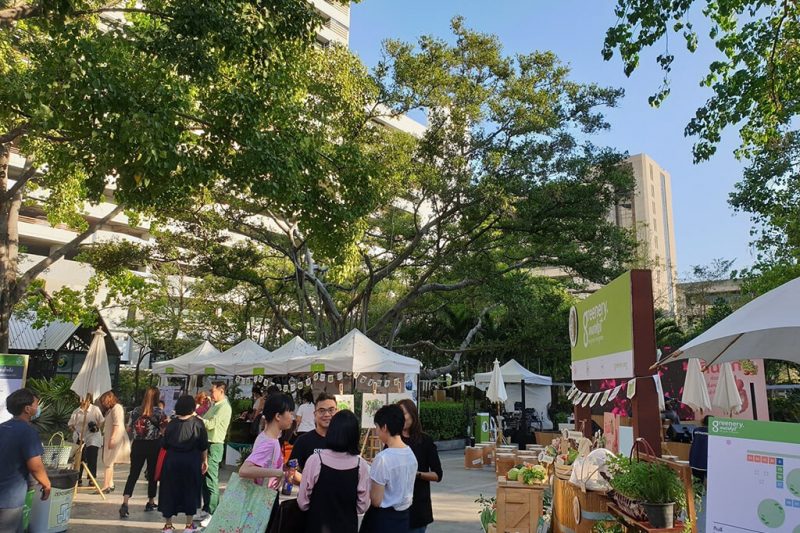Chulalongkorn University’s funded innovations in tackling IUU Fishing and lifting the yellow card
Encouraged by Chulalongkorn University, four innovations are capable of alleviating the Thai fisheries crisis — to further develop the success of the management research and knowledge transfer for policy in coping with “Illegal, Unreported and Unregulated Fishing” (IUU Fishing), which relates to forced labor and human trafficking in Thai fisheries.
The Asian Research Center for Migration with the Centre for European Studies and Maritime Administration, Chulalongkorn University, has successfully lifted the yellow card after the EU recognized Thailand as one of the IUU warned countries. With the support of The National Research Council of Thailand, the 2017-2018 management research and knowledge transfer for policy in coping with IUU Fishing, which relates to forced labor and human trafficking in Thailand, has related the livelihoods of Thai fishermen and interest groups to the promotion of the welfare of local fisheries labors. It also aims to revitalize the marine ecosystem that has been affected by overfishing as a result of the cruise time management program strictly reporting fisheries to restore natural piscatorial resources.
Emeritus Professor Dr. Supang Chantavanich, head of the research project, mentioned that this has created a surge that has had an impact on both the public and private sectors, including civil society; thus, the cooperation and the solution have eventually taken place to counter IUU fishing from the EU. In January 2018, the effort level to solve human trafficking and forced labor was altered from level 3 to level 2 which is not a watchful condition in June 2018 — from the process of meeting to the policy formulation. For example, the Innovative Action Workshop in 2017 to address local fisheries challenges, reflecting on unfinished topics from those involved in brainstorming proposals and seeking an appropriate solution. Moreover, the Working Group on Labor Relations Promotion in Sea Fishing Operation has established “Thai and Migrant Fishers Union Group” conveying their problems to those relevant in order to promote the “Dream Cruise” project. These networks will allow workers to raise their bargaining power in negotiating with employers, give them access to benefits and welfare services that cover healthcare and compensation — uplifting their quality of life.
Furthermore, the project holds a workshop for researchers, policymakers, and officials in related organizations on the use of innovations in four dimensions, focusing on local fisheries development, improving the efficiency of fisheries control and surveillance, fisheries labor inspection, and increasing the protection of fisheries workers.
Asian Research Center for Migration, Chulalongkorn University, also taken part in the establishment of port-in-port regulations to control sailing time for commercial trawlers. Those with surrounding nets in the Gulf of Thailand may operate up to 240 days per year, while those with otter trawls in the Andaman Sea may operate up to 270 days per year. Regulations require accurate monitoring of the type, source, and quantity of fish within 30 days of docking so that the marine ecosystem can naturally recover, and the number of aquatic resources can be multiplied.
Acceleration of this project not only helps to lift the yellow card from the EU but also restores the image of Thai fisheries in a sustainable manner — not in violation of any laws. Among sustainable fisheries cooperation and the protection of fishing labor between 6 public sectors, 5 private sectors, 8 civil society and academic sector, and 8 international and regional organizations, more than 10,000 commercial and local fishing vessels are able to operate on an ongoing basis once again.

BY
Asian Research Center for Migration, Institute of Asian Studies, Chulalongkorn University
Centre for European Studies, Chulalongkorn University
Maritime Administration Program, Graduate School, Chulalongkorn University
Related articles:
Others
Chula as World Health Organization Collaboration Centers
WHO has designated multiple divisions of Chulalongkorn University, including Faculty of Medicine, Thai Red Cross Society, College of Public Health Sciences, Faculty of Economics, as its Collaborating Centers for different areas





